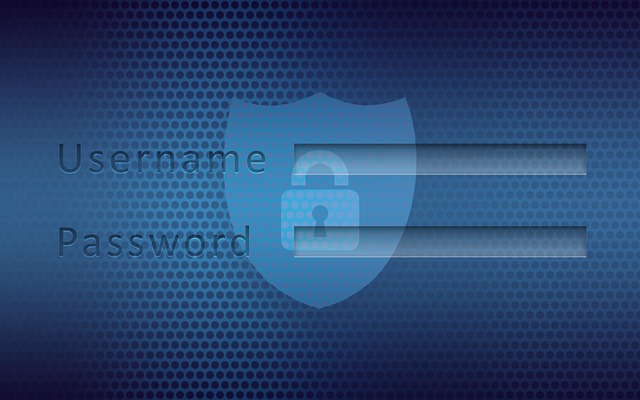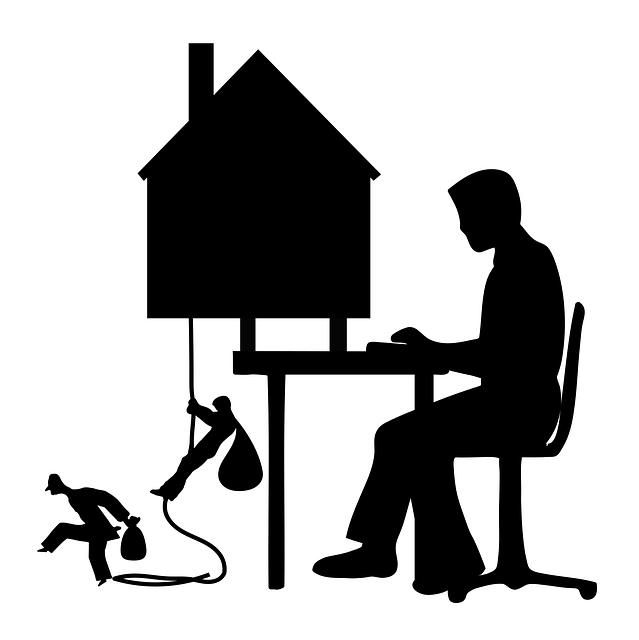In privacy student housing, understanding and asserting your rights is key to balancing social life and personal space. Set clear boundaries with roommates using "I" statements, protect digital footprints through robust online practices, maintain a structured routine for studies and socializing, and build a supportive network while respecting individual privacy limits through open communication and digital tools.
“As students, we often find ourselves navigating a delicate balance between maintaining a vibrant social life and safeguarding our privacy in close-knit environments like student housing. This comprehensive guide aims to empower you with the knowledge and tools necessary to understand and protect your privacy rights. From setting clear boundaries to adopting safe online practices, we’ll explore practical strategies for creating a harmonious blend of academic focus and social engagement while ensuring your personal information remains secure.”
- Understanding Your Privacy Rights in Student Housing
- Setting Boundaries: Communicating Your Preferences
- Safe Online Practices for Social Media Users
- Protecting Personal Information: A Digital Checklist
- Balancing Social Events and Study Time
- Creating a Supportive Network While Maintaining Privacy
Understanding Your Privacy Rights in Student Housing

In student housing, understanding your privacy rights is paramount for maintaining a balance between social life and personal space. As a resident, you have certain expectations of privacy that are protected by law in many countries. This includes the right to enjoy your living space free from unreasonable intrusion or surveillance. Knowing your rights allows you to set boundaries and communicate them effectively with roommates, hall mates, or housing staff.
Educate yourself on the specific privacy policies and regulations within your student accommodation. These guidelines often outline permitted and restricted areas for common activities like studying, socializing, and guest visits. Being aware of these rules empowers you to assert your right to privacy when needed and foster an environment that respects individual boundaries, thereby enhancing your overall well-being during your time in student housing.
Setting Boundaries: Communicating Your Preferences

Setting clear boundaries is a crucial step in maintaining your privacy while living in student housing. Communicate openly with your roommates, friends, and peers about what makes you comfortable. This might include specific areas or times when you need quiet to study, preferences for personal space, or limitations on certain activities. Clear communication can help everyone understand and respect your privacy needs.
Use “I” statements to express your feelings and preferences, which can make it less confrontational. For example, say, “I need at least one quiet hour each day to focus on my studies” rather than “You’re always making noise.” By being direct yet considerate, you can foster an environment where everyone feels heard and respected, ultimately contributing to a happier, healthier social atmosphere that accommodates both your social life and privacy.
Safe Online Practices for Social Media Users

Maintaining a healthy balance between social life and privacy is essential, especially for students living in shared accommodation. When it comes to social media, a few simple practices can go a long way in safeguarding your personal information. Start by reviewing and adjusting your privacy settings on all platforms. Limit the details you share publicly, such as your address or schedule, and consider using separate accounts for personal and public profiles. Regularly check who has access to your posts and content, and be cautious about accepting friend requests from strangers.
Additionally, remember that once something is posted online, it can be difficult to erase entirely. Be mindful of the photos and updates you share, as they could impact your future prospects or privacy in student housing. Regularly search for yourself online using search engines to identify any potentially sensitive content that might appear unexpectedly. By adopting these safe online practices, students can enjoy social media while keeping their personal lives secure and private.
Protecting Personal Information: A Digital Checklist

Protecting your personal information is a crucial aspect of maintaining your privacy in student housing, especially with technology playing such a prominent role in our daily lives. Here’s a digital checklist to guide students on keeping their data secure:
1. Strengthen Passwords: Use strong, unique passwords for all accounts. Combine uppercase and lowercase letters, numbers, and special characters. Avoid using personal information or common phrases that could be easily guessed.
2. Privacy Settings: Regularly review and adjust privacy settings on social media platforms, email clients, and other digital tools. Limit sharing to trusted friends only and avoid posting sensitive details like your address or schedule.
3. Secure Wi-Fi: Utilize secure networks and consider using a VPN for added protection when connecting to public Wi-Fi. This encrypts your internet traffic, making it harder for unauthorized users to access personal information.
4. Be Cautious with Apps: Download apps only from trusted sources like the App Store or Google Play Store. Read app permissions carefully before installing and avoid granting unnecessary access to your data.
5. Regularly Update Software: Keep your operating system, antivirus software, and other applications up-to-date. Updates often include security patches that protect against new threats.
6. Avoid Phishing Scams: Be wary of suspicious emails or messages asking for personal information. Legitimate organizations will not request sensitive details via unsecured channels.
Balancing Social Events and Study Time

Balancing your social life and study time can be a challenge, especially in close-knit environments like student housing where privacy is often at a premium. The key lies in creating a structured routine that accommodates both academic demands and social events. Students who succeed in this balance tend to have well-defined study spaces separate from their living areas, allowing them to focus when needed.
During social events, set specific times for studying, sticking to these schedules helps maintain productivity while ensuring you still get to enjoy campus life. Remember, effective time management is crucial here; prioritize tasks and delegate when possible. This way, you can minimize the impact on your study time while still making the most of the vibrant social atmosphere in privacy student housing.
Creating a Supportive Network While Maintaining Privacy

Creating a supportive network is essential for a healthy college experience, but balancing this with maintaining your privacy in student housing is crucial. Start by fostering open communication with your roommates and suitemates. Establish boundaries early on regarding personal space, study time, and common areas to ensure everyone feels comfortable. Regular check-ins can strengthen these relationships while also allowing you to share insights about your personal life at a pace that feels right for you.
Leverage online tools and apps designed for privacy-focused social connections. These platforms enable you to connect with like-minded individuals who understand the importance of respecting personal boundaries. By combining in-person interactions within defined limits and digital connections, you can create a robust support network that enhances your college experience while safeguarding your privacy in student housing.






